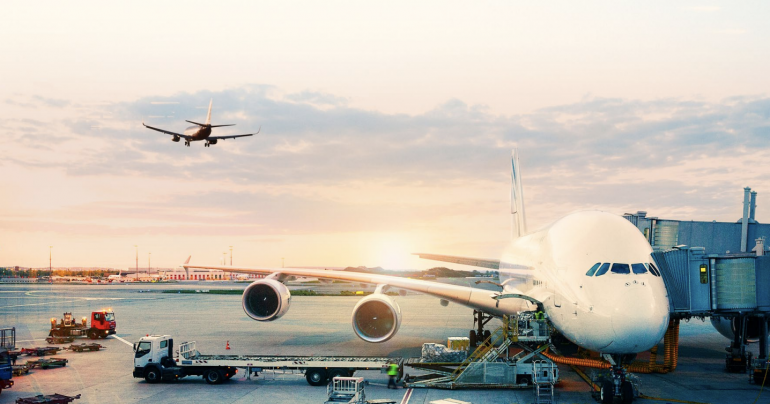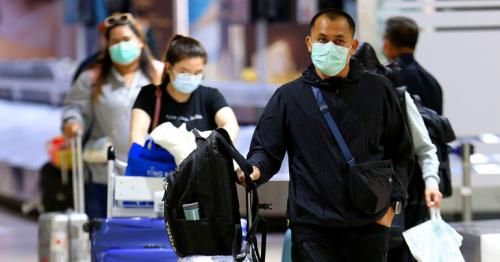25 Million Jobs At Risk Due To Travel Restrictions: Aviation Body
The International Air Transport Association (IATA) has released a new analysis showing that some 25 million jobs are at risk of disappearing with plummeting demand for air travel amid the COVID-19 crisis.
Globally, the livelihoods of some 65.5 million people are dependent on the aviation industry, including sectors such as travel and tourism. Among these are 2.7 million airline jobs.
In a scenario of severe travel restrictions lasting for three months, IATA research calculates that 25 million jobs in aviation and related sectors are endangered across the world: 11.2 million jobs in the Asia Pacific, 5.6 million jobs in Europe, 2.9 million jobs in Latin America, 2 million jobs in North America, 2 million jobs in Africa and 0.9 million jobs in the Middle East.
In the same scenario, airlines are expected to see full-year passenger revenues fall by 252 billion dollars (minus 44 per cent) in 2020 compared to 2019. The second quarter is the most critical with demand falling 70 per cent at its worst point, and airlines burning through 61 billion dollars in cash.
Airlines are calling on governments to provide immediate financial aid to help airlines to remain viable businesses able to lead the recovery when the pandemic is contained. Specifically, IATA calls for direct financial support, loans, loan guarantees and support for the corporate bond market, and tax relief.
"There are no words to adequately describe the devastating impact of COVID-19 on the airline industry. And the economic pain will be shared by 25 million people who work in jobs dependent upon airlines," said IATA's Director General and CEO Alexandre de Juniac.
"Airlines must be viable businesses so that they can lead the recovery when the pandemic is contained. A lifeline to the airlines now is critical," he said in a statement.
Alongside vital financial relief, the industry will also need careful planning and coordination to ensure that airlines are ready when the pandemic is contained.
"We have never shuttered the industry on this scale before. Consequently, we have no experience in starting it up. It will be complicated. At the practical level, we will need contingencies for licenses and certifications that have expired," he said.
"We will have to adapt operations and processes to avoid reinfections via imported cases. And we must find a predictable and efficient approach to managing travel restrictions which need to be lifted before we can get back to work," he added.
"These are just some of the major tasks that are ahead of us. And to be successful, industry and government must be aligned and working together," said Mr Juniac.
IATA is scoping a comprehensive approach to re-booting the industry when governments and public health authorities allow. A multi-stakeholder approach will be essential.
One initial step is a series of virtual meetings -- or summits -- on a regional basis, bringing together governments and industry stakeholders. The main objectives will be understanding what is needed to re-open closed borders and agreeing solutions that can be operationalised and scaled efficiently.
"We are not expecting to re-start the same industry that we closed a few weeks ago. Airlines will still connect the world. And we will do that through a variety of business models. But the industry processes will need to adapt. We must get on with this work quickly," said IATA's Director General.
"We do not want to repeat the mistakes made after 9/11 when many new processes were imposed in an uncoordinated way. We ended up with a mess of measures that we are still sorting out today. The 25 million people whose jobs are at risk by this crisis will depend on an efficient re-start of the industry," he said.
Summit dates are being confirmed in the expectation of a start before the end of April.
tag: jobs , travel-restrictions , aviation
Share This Post






